
In the treasure trove of Traditional Chinese Medicine (TCM), constitution identification serves as a key that opens the door to a healthy life.
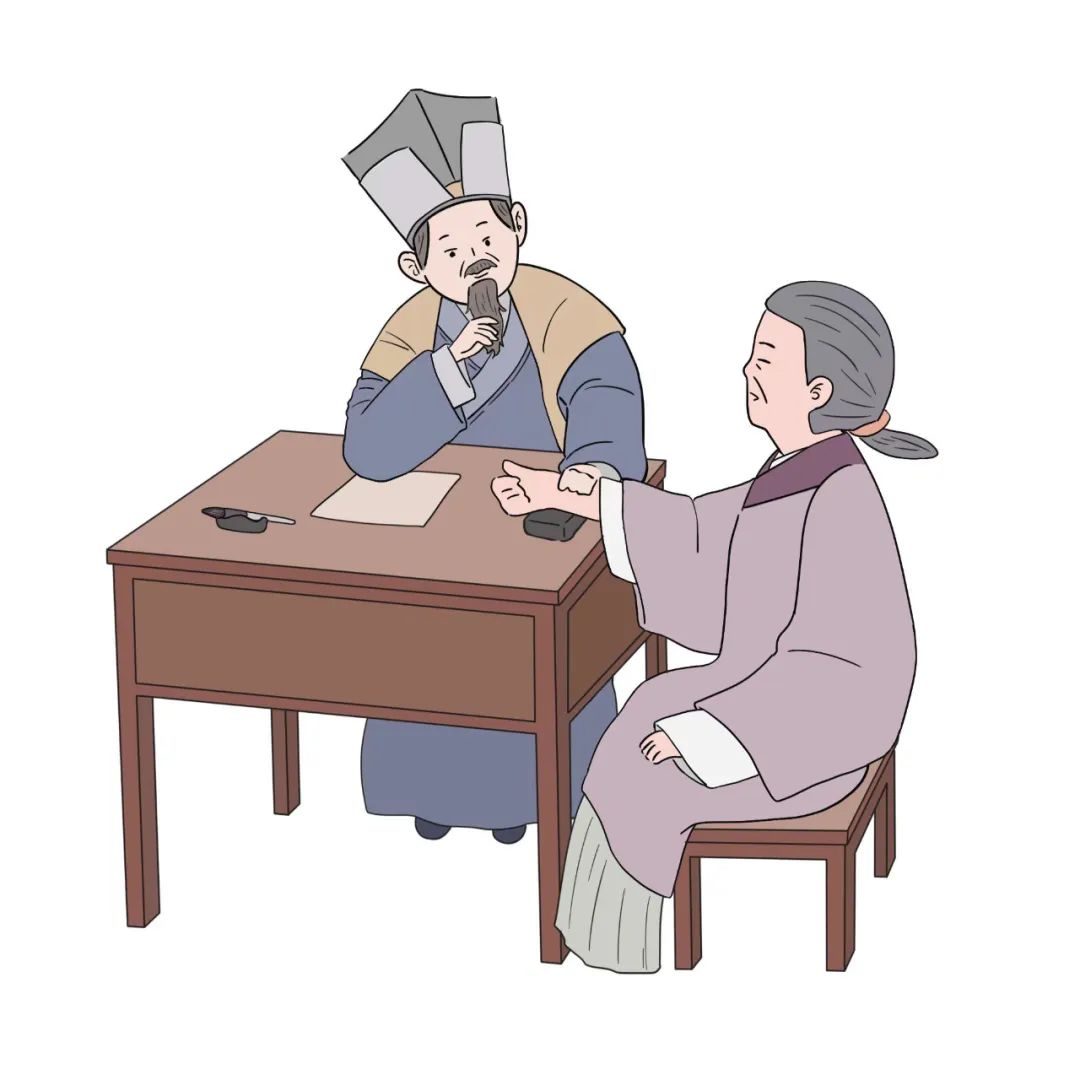
TCM categorizes human constitutions into nine types: Pinghe (平和质, Harmonious Constitution), Qixu (气虚质, Qi Deficiency Constitution), Yangxu (阳虚质, Yang Deficiency Constitution), Yinxu (阴虚质, Yin Deficiency Constitution), Phlegm-Dampness (痰湿质), Damp-Heat (湿热质), Xueyu (血瘀质, Blood Stasis Constitution), Qiyu (气郁质, Qi Stagnation Constitution), and Te Bing (特禀质, Special Constitution). Understanding one’s constitutional characteristics is the foundation for developing personalized health maintenance plans.
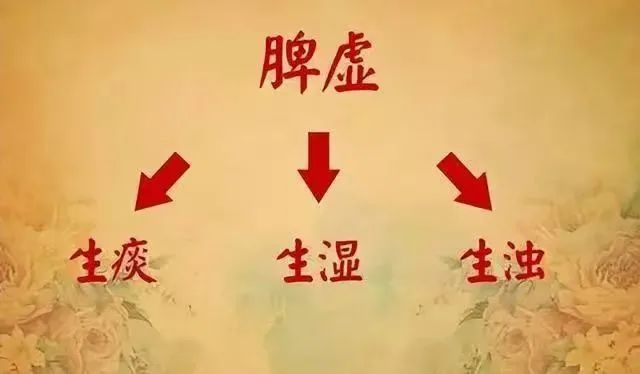
Harmonious Constitution (平和质): This is the most ideal state of constitution, characterized by a rosy complexion, abundant energy, good sleep, and regular eating habits. Individuals with this constitution adapt well and rarely fall ill, representing health.
Qi Deficiency Constitution (气虚质): Individuals often feel fatigued, short of breath, and prone to sweating. This group should avoid overexertion and can consume foods that tonify Qi, such as Shan Yao (山药, Chinese Yam) and Da Zao (大枣, Jujube).
Yang Deficiency Constitution (阳虚质): Often sensitive to cold, with cold hands and feet. It is important to keep warm, especially in the lower back and limbs. Foods like Yang Rou (羊肉, Lamb) and He Tao (核桃, Walnuts) are beneficial.
Yin Deficiency Constitution (阴虚质): Characterized by heat in the palms and soles, dry mouth, and irritability. Individuals should avoid staying up late and consume foods that nourish Yin and moisten dryness, such as Yin Er (银耳, White Fungus) and Bai He (百合, Lily Bulb).
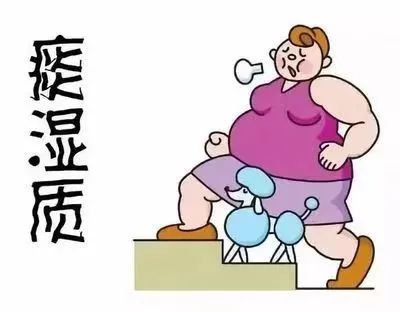
Phlegm-Dampness Constitution (痰湿质): Characterized by obesity, a soft and full abdomen, and oily skin. It is advisable to reduce greasy and sweet foods and engage in exercise to promote the expulsion of dampness from the body.
Damp-Heat Constitution (湿热质): Characterized by oily skin, prone to acne, bitter and dry mouth. A light diet is recommended, with foods like Lü Dou (绿豆, Mung Beans) and Ku Gua (苦瓜, Bitter Melon) that clear heat and drain dampness.
Blood Stasis Constitution (血瘀质): Characterized by dull skin, pigmentation, and easy bruising. Foods that invigorate blood and resolve stasis, such as Shan Zha (山楂, Hawthorn) and Mei Gui Hua (玫瑰花, Rose), can be beneficial.
Qi Stagnation Constitution (气郁质): Characterized by depression, anxiety, and sensitivity. Maintaining a cheerful disposition and participating in social activities is important; drinking rose tea can help soothe the liver and regulate Qi.
Special Constitution (特禀质): Prone to allergies, with significant reactions to specific substances like pollen and certain foods. Individuals should avoid allergens and strengthen their constitution.
Constitution varies from person to person, and postnatal nurturing differs accordingly. Through TCM constitution identification, one can better understand their body characteristics and adopt targeted health preservation methods to prevent disease.
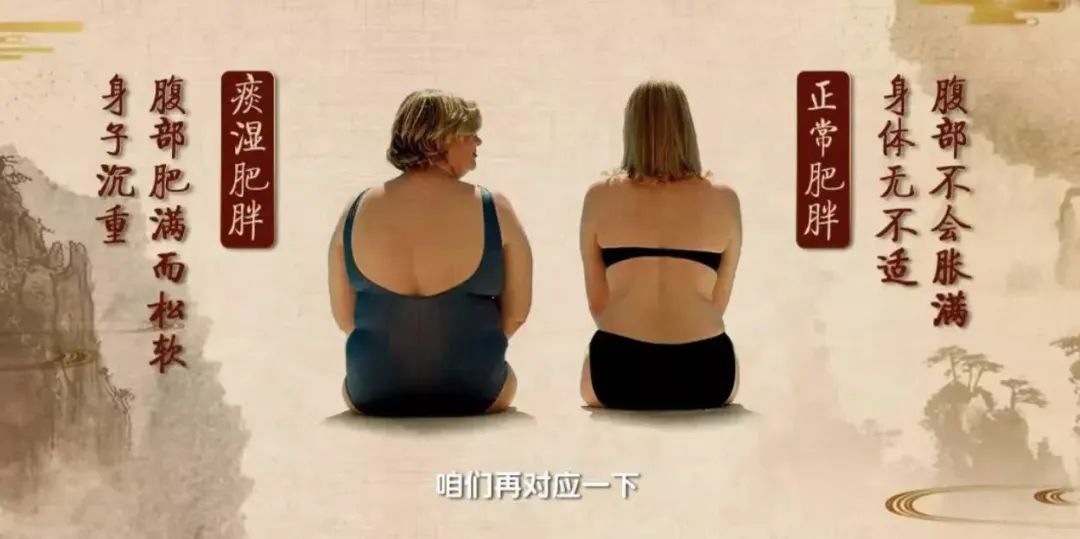
At the TCM Preventive Health Studio of the 364 Hospital, treatment methods for constitution adjustment include: herbal decoctions, herbal teas, specialized acupuncture and moxibustion techniques, organ point acupuncture, tui na (推拿, Chinese therapeutic massage), bloodletting cupping, herbal fumigation, and acupoint application.

Patient Wu, a 50-year-old female, height: 160 cm, weight: 85 kg. The patient is overweight, with a soft and full abdomen. She often feels heavy and fatigued, has oily skin, and produces phlegm. She usually enjoys rich and fatty foods, has a greasy tongue coating, and a slippery pulse. The TCM constitution identification indicates Phlegm-Dampness Constitution.
After visiting the hospital, TCM expert and associate chief physician Xu Hong developed a personalized health treatment plan for the patient, with the adjustment principle: strengthen the spleen and resolve dampness. The specific treatments included:
1. TCM suitable techniques: specialized acupuncture and moxibustion; organ point acupuncture (points include Neiguan (内关), Da Mai (带脉), Fenglong (丰隆), and Yinlingquan (阴陵泉) to strengthen the spleen and resolve dampness).
2. Dietary plan: reduce intake of greasy and sweet foods, and consume more foods that strengthen the spleen and drain dampness, such as Yi Yi Ren (薏米, Coix Seed), Dong Gua (冬瓜, Winter Melon), and Bian Dou (扁豆, Hyacinth Bean).
3. Lifestyle and emotional well-being: follow seasonal health principles, “work at sunrise and rest at sunset”; maintain a calm and optimistic mindset.
4. Exercise regimen: encourage the patient to increase physical activity, such as swimming, brisk walking, practicing Ba Duan Jin (八段锦, Eight Pieces of Brocade), and dancing; exercise should be consistent.
One month later, the patient showed significant weight loss, the feeling of heaviness and fatigue disappeared, and her abdominal circumference noticeably decreased, with firmer abdominal muscles.
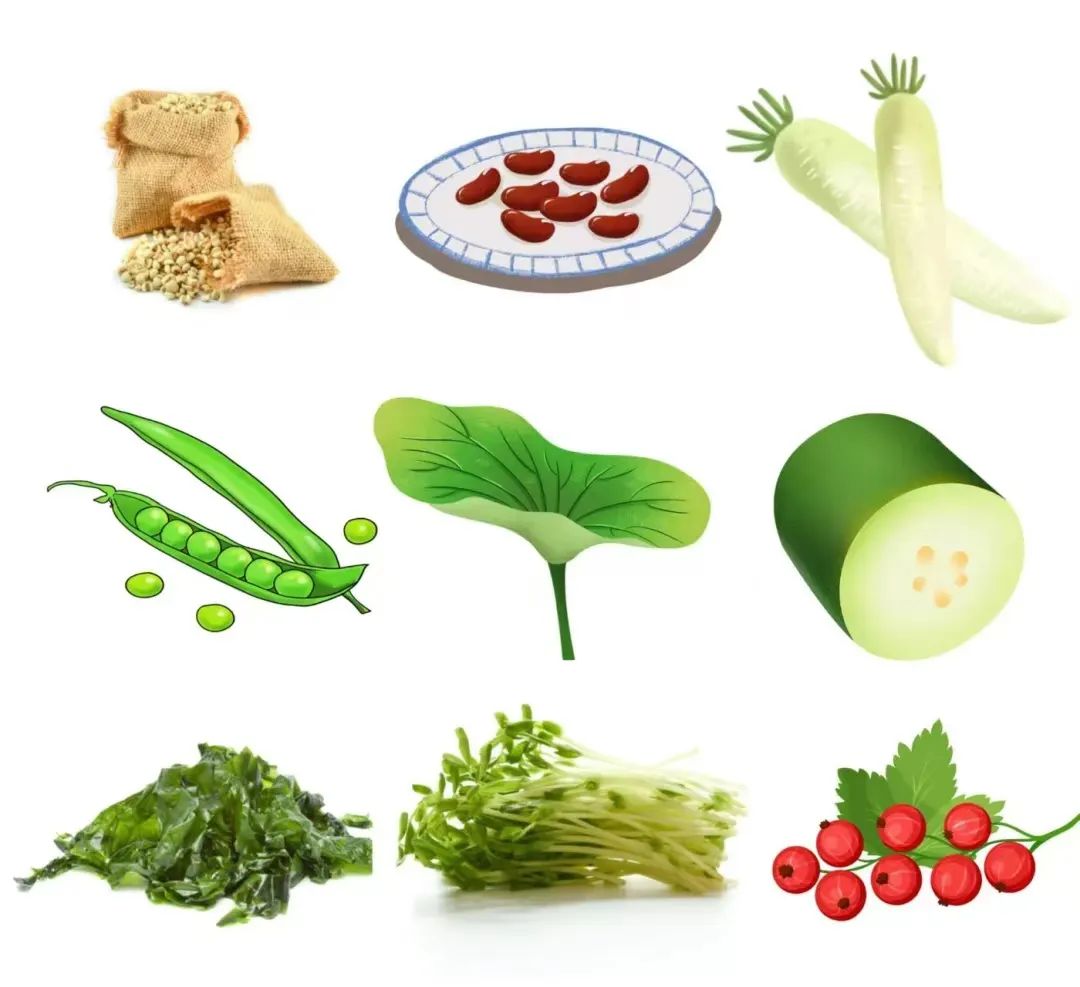
The formation of Phlegm-Dampness Constitution is related to dietary preferences. The “Su Wen: Qi Bing Lun” states: “This is where obesity arises; such individuals must frequently consume sweet and rich foods.” With the changes in modern lifestyles and dietary structures, the number of individuals with this constitution is increasing.
Individuals with Phlegm-Dampness Constitution are prone to diseases such as diabetes, stroke, dizziness, gout, hypertension, and coronary heart disease. Understanding one’s constitution can help maintain awareness of health status, achieving “preventing disease before it occurs, and preventing changes once disease has occurred.”
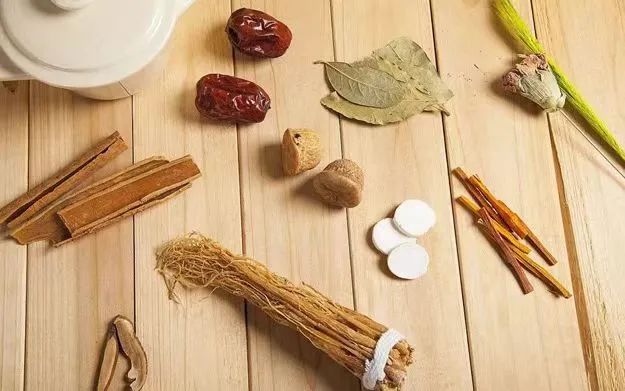
Let us harness the power of TCM constitution identification to embark on the path to health and embrace each vibrant day.

Contributed by: Xu Hong (TCM Preventive Health Studio) Edited by: Zhang HuanqiangReviewed by: Sun Jian


